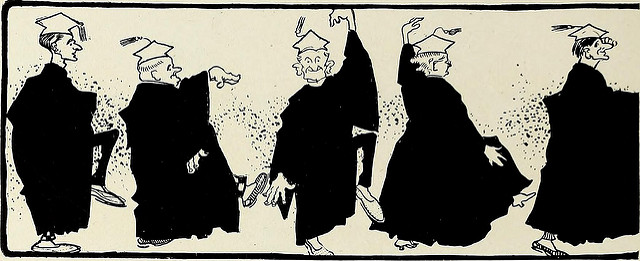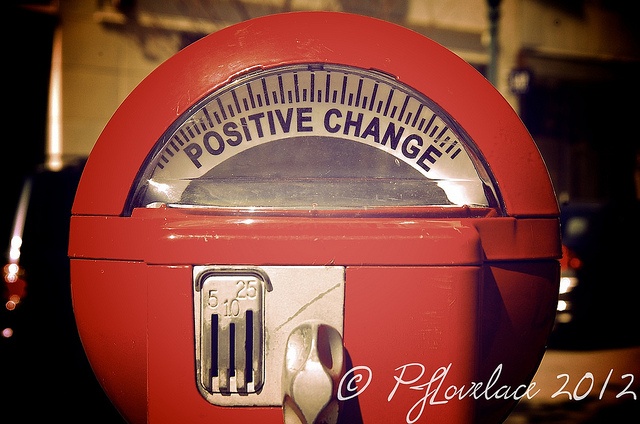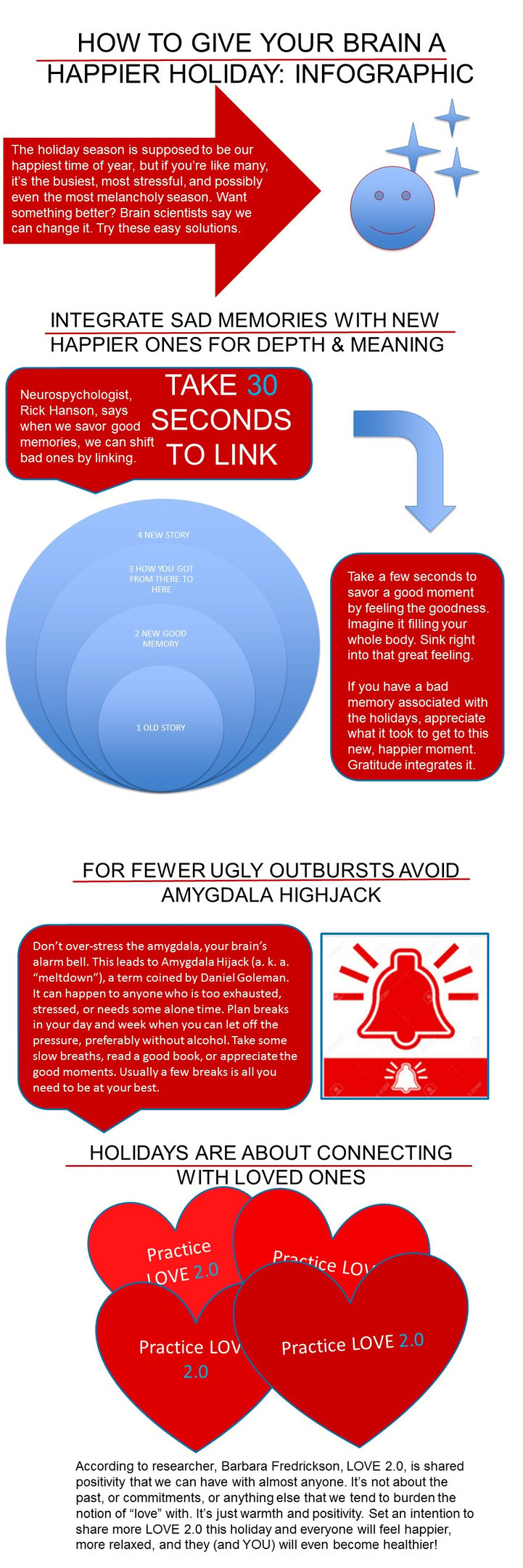
At School of Coaching Mastery, we get tons of inquiries from people interested in becoming coaches. Quite a few of those inquiries come from psychotherapists. Questions from psychotherapists about coach training fall into two types.
The first type of question, from psychotherapists who are interested in coach training, are from therapists who assume that coaching and therapy techniques are the same and therefore their degrees and years of practicing therapy should exempt them from coach training, or that they should take the shortest and cheapest route to coach certification. Those coaches often mention that coaching is unregulated and that they already coach their therapy clients with skills such as, training, education, and support. Usually, they're looking for confirmation that they can just call themselves coaches, or they're looking for a fast, easy, and inexpensive course for therapists.
This group of therapists are sometimes surprised to discover that "not regulated" does not equal "anything goes" in professional coaching. Coaching is well-researched; we know what techniques work best (often not those used in therapy), we have codes of ethics and well-defined standards of certification. The reason we're still unregulated is because we don't target vulnerable populations or people in crisis. Never-the-less, we may become regulated eventually, and certification from professional organizations, such as the IAPPC, will likely be beneficial for professional coaches.
This group is also sometimes surprised to discover that they don't actually understand what coaching is, what it is for, or how to do it. Coaching is not practicing therapy without a license, nor is it therapy without a diagnosis. It is neither training, nor education. It is not advice giving nor consulting. It is not a way to practice something you're not licensed for, just because you call yourself a coach. I'm reminded of the woman who told me she called herself a coach, but was actually practicing conversion therapy (an attempt to convert a gay person to straight), which she couldn't get licensed to do, because being gay isn't an illness and therefore no one can be "cured" of it. I told her what she was doing violates coaching ethics.
The second set of questions come from therapists and counselors who also have advanced degrees in psychology or psychotherapy, including holders of doctorate degrees and professionals who have been practicing for years. This group is usually well-informed, has high standards, and is genuinely excited about becoming coaches. A sizable percentage of these coaches join our Certified Positive Psychology Coach Program, because they love the focus of coaching, which is on flourishing rather than on healing, and because they're excited about the new direction positive psychology is taking, away from pathology and towards well-being. This latter group fits in perfectly at School of Coaching Mastery and we encourage them to join.
We have an application to join the Certified Positive Psychology Coach Program, which helps us identify people who are a good fit for this program and weed out folks who aren't likely to succeed as coaches. You don't have to have a professional degree in psychology to be accepted into the program, but if you do need to be curious about coaching excited about becoming the best coach you can be, so you can offer maximum benefits to your coaching clients.
If you're a psychotherapist, or anyone, who thinks you may want to become a coach, ask yourself why. If it's mainly because coaching is trendy and well-paid, but you have no deep passion for it, no amount of money or time spent on coach training will be worthwhile for you. However, if you love the idea of helping people reach their full potential and attain exciting goals or dreams, this may be the profession for you. Apply to the program to find out.
Interested in becoming a positive psychology coach? Get the free Become a Positive Psychology Coach eBook here:








 If you've read blog posts on how to become a successful coach, you know that building your marketing list is a must.
If you've read blog posts on how to become a successful coach, you know that building your marketing list is a must.

